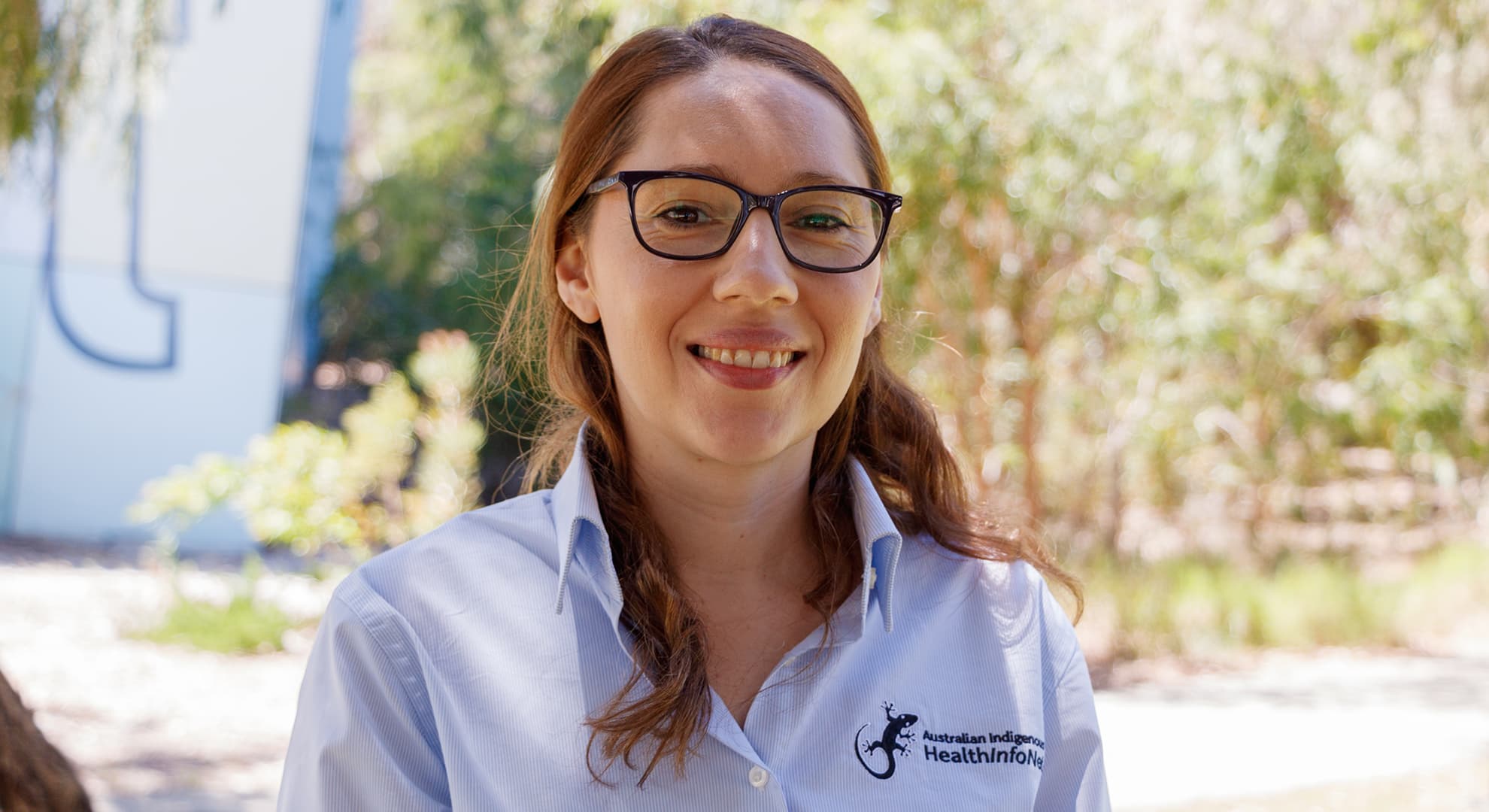For close to three decades, the HealthInfoNet has been the national leader in providing credible, accessible evidence that informs policy and supports practice in Aboriginal and Torres Strait Islander health. This year's Overview reinforces its vital role in closing the gap by bringing together the most recent statistics on health outcomes and the social and cultural determinants that shape them.
HealthInfoNet Director, Professor Bep Uink, said the publication is a cornerstone of the centre’s mission to empower communities and professionals with meaningful data.
"The HealthInfoNet continues to develop the capacity to accurately and authentically represent the data and statistics that impact Aboriginal and Torres Strait Islander people and communities," she said.
"It's a journey we share with other data-driven organisations such as the Australian Bureau of Statistics and the Australian Institute of Health and Welfare and one buoyed by the recent release of the Framework for Indigenous Data Governance."
New in 2024: aligning with Closing the Gap
This year's Overview introduces Closing the Gap outcome boxes, highlighting where the data aligns with national policy targets co-designed and led by Aboriginal and Torres Strait Islander people. These additions provide greater visibility of how policy efforts are tracking and where more work is needed.
Data governance and sovereignty
Data sovereignty, as it relates to Aboriginal and Torres Strait Islander peoples, is the "right to maintain, control, protect and develop their cultural heritage, traditional knowledge and traditional cultural expressions, as well as their right to maintain, control, protect and develop their intellectual property over these."
In 2015, First Nations scholars and leaders from Australia, Aotearoa/New Zealand, Canada and the United States defined data sovereignty. Non-Indigenous people must seek real and meaningful consent in research before publishing any data about First Peoples, their livelihoods and their lands and waters. It is a clear ethical and legal responsibility in Aboriginal and Torres Strait Islander health research, which is related to wellbeing, justice reinvestment and the co-design of Indigenous research projects.
Reflecting its commitment to Indigenous Data Sovereignty, the Overview applies the principles of the Maiam nayri Wingara Indigenous Data Sovereignty Collective, with a full statement included in the publication.
Health progress – and persistent challenges
The Overview reveals some encouraging trends:
- The proportion of Aboriginal and Torres Strait Islander people aged 55 and over with diabetes dropped from 35% in 2018–19 to 29% in 2022–23.
- Daily smoking rates among people aged 15 and over fell from 37% in 2018–19 to 29% in 2022–23.
Yet challenges remain. In 2023, the leading causes of death included ischaemic heart disease, chronic lower respiratory diseases, diabetes and suicide, reflecting the ongoing need for targeted interventions and support across health systems.
A comprehensive, national resource
The Overview brings together data from numerous national sources and offers detailed insights into health conditions, risk and protective factors and the broader determinants of health such as housing, education and employment. It is a trusted resource for health professionals, educators, researchers and policy makers nationwide.
A plain language Summary version is also available to ensure accessibility, along with a set of PowerPoint slides to support teaching and presentations in clinical and academic settings.
"The Overview should be read in the context of our ongoing commitment to presenting data that empowers Aboriginal and Torres Strait Islander communities," said Professor Uink.
"It also acknowledges the significant and ongoing efforts of Aboriginal and Torres Strait Islander people to improve the quality of health data in Australia."

 HealthInfoNet Director, Professor Bep Uink.
HealthInfoNet Director, Professor Bep Uink.


